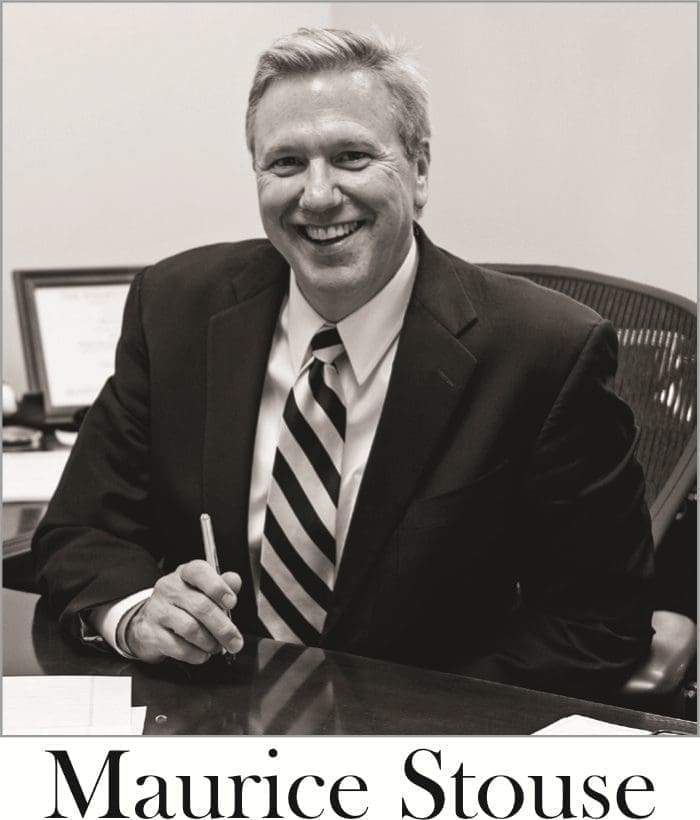by Maurice Stouse
 Donor advised funds are an increasingly popular way for individuals to give to charity. They make giving simpler, can provide immediate tax deductions and can also establish a legacy for you. Here is a summary of how these work and if this is something for you and your gift giving.
Donor advised funds are an increasingly popular way for individuals to give to charity. They make giving simpler, can provide immediate tax deductions and can also establish a legacy for you. Here is a summary of how these work and if this is something for you and your gift giving.
These accounts, or funds are set up by investment firms in order to facilitate gift giving in America. Over two decades ago they began to grow in popularity as investment firms wanted to not only offer the service and promote charity.
In most cases today, when you decide to give to a charity or a church, you can just write a check. You can also deduct your contribution (within certain limits) on your annual tax return. The donor advised fund is set up for you to make disbursements (it is an advised grant) at will. Your initial and subsequent contributions are indeed deductible charitable contributions as these funds are public charities and are 501c3 organizations.
The advantages are numerous. Consider that the contribution can come from your cash, in the form of a check, or, you can donate appreciated securities (stock or mutual funds as examples). Your contribution and corresponding deduction are for any appreciated amount. You do not pay taxes on any capital gains (up to 30% of AGI for cash and up to 50% of AGI for marketable securities). The contribution is an immediate tax deduction for that year. You can however delay the disbursements to charities of your choice over time.
Your contribution to a donor advised fund can be invested based upon your preferences, giving it the opportunity to grow over time. While the charity itself, in the aggregate, has a minimum disbursement percentage each year, this is not applied to each donor advised fund account.
Tracking contributions to charities is streamlined, you can view these and receive reports. You can also name the fund you created either in your name, a family name, a special needs name or a loved one’s name. This is very meaningful to a lot of givers.
And, when approached by a charity for a contribution, you can let the requestor know you will consider it and perhaps make a recommendation to your donor advised fund for a disbursement. The fund does all of the work in discerning if the gift qualifies as a charitable gift.
Talk to your Raymond James Financial Advisor today to learn more about the Raymond James Charitable Endowment Fund. Or contact your advisor to learn more about what they can offer for you and your gift giving.
Maurice Stouse is a Financial Advisor with Raymond James and he resides in Grayton Beach. His office is located at Raymond & Associates, Inc., 34851 Emerald Coast Parkway, Suite 200, Destin, FL 32451. Raymond James advisors do not offer tax advice. Please see your tax professionals. Raymond James & Associates, member New York Stock Exchange/SIPC. Phone 850.460.1995. Email:Maurice.stouse@raymondjames.com.
Views expressed are the current opinion of the author and are subject to change without notice. Information provided is general in nature, and is not a complete statement of all information necessary for making an investment decision, and is not a recommendation or a solicitation to buy or sell any security. Past performance is not indicative of future results. There is no assurance these trends will continue or that forecasts will occur. Investing always involves risks and you may incur a profit or a loss. No investment strategy can guarantee success.































































